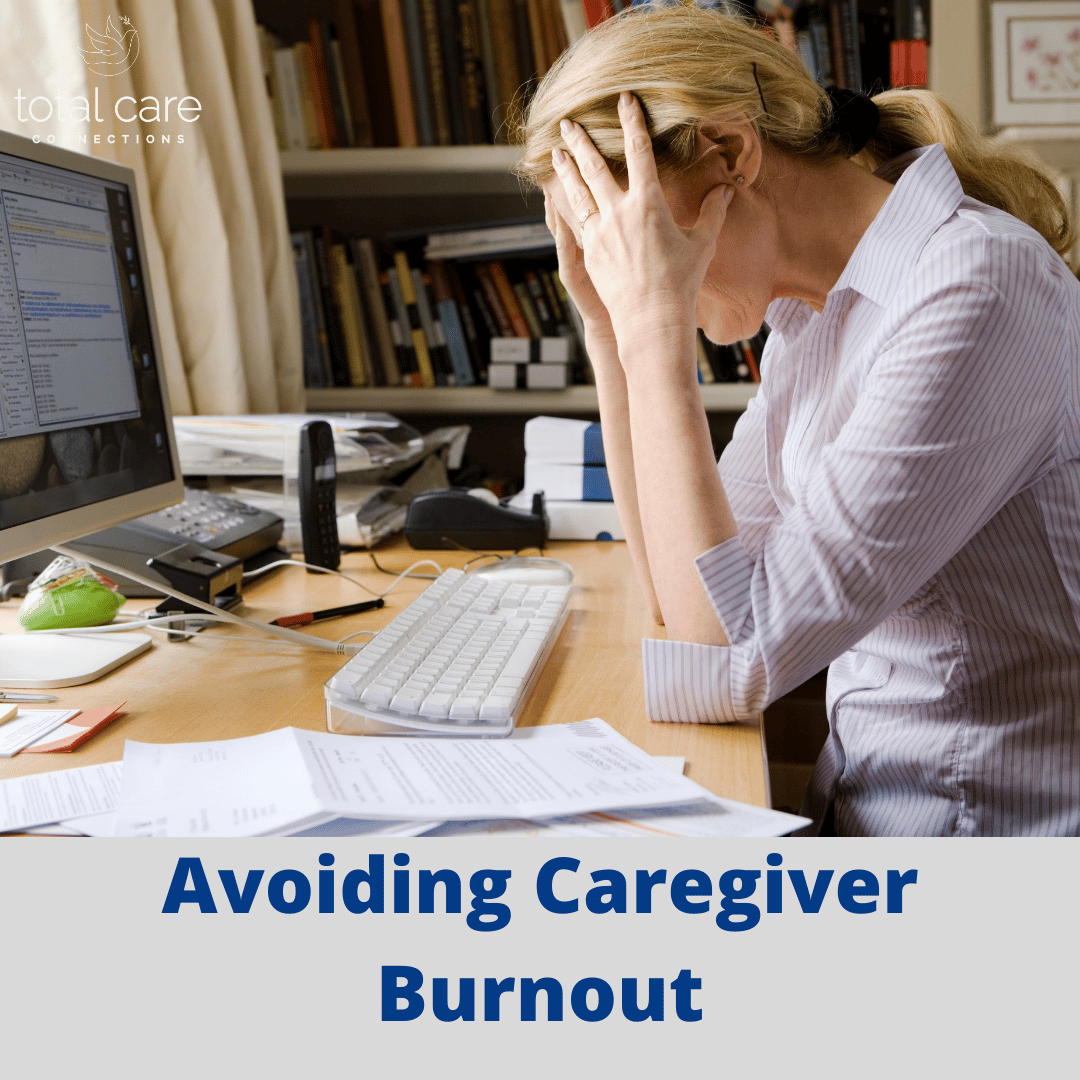As we approach the hustle and bustle of the holiday season, it’s easy to become overwhelmed with your personal and professional calendar. Add in extracurricular events for your child and an aging parent you coordinate care for, and it’s no wonder why many in the Sandwich Generation are on a crash course with caregiver burnout.
With the holidays around the corner, family caregivers are at an even more increased risk of finding themselves on the edge of caregiver fatigue. Here are a few practical ways you can care for yourself this season, and all year long.
What Is Caregiver Burnout?
Caregiver burnout, sometimes called caregiver fatigue, is a phenomenon that negatively affects the mental and physical health of caregivers. Of course, caregivers are not always caring for older adult family members. Sometimes they are caring for small children, chronically ill spouses, or other members of their community. In all cases, too much caregiving has been proven to lead to too much stress, increasing cortisol levels in the body that lead to a litany of healthcare complications.
The Family Caregiver Alliance reports that caregivers are more vulnerable to:
- Anxiety
- Depression
- Sleep disturbances
- Heart disease
- Obesity
- Addiction
- Illness and hospitalization
Perhaps just as alarming, caregiver burnout often leads to elder abuse because a caregiver simply doesn’t have the healthy coping skills they once did.
Steps to Avoid Caregiver Burnout
Fortunately, not everyone who is a family caregiver is doomed to burnout. The key is focusing on yourself first, making sure you have the energy and skills to stay healthy in order to care for your loved one.

Make it happen in your life by:
- Scheduling time away from your caregiving role at least weekly
- Eating nutritious foods
- Drinking plenty of water
- Exercising daily, even if it is just a quick stroll around the block
- Establishing a consistent bedtime routine
- Telling your physician about your caregiving role
- Asking for help before you are in a physical or mental health crisis
- Scheduling a regular appointment with a counselor who is experienced in serving family caregivers
Perhaps the best thing you can do for yourself as a family caregiver is to enlist the help and support of professionals. Schedule a Meals on Wheels service for your loved one so that you don’t have to worry about making meals for them each week. Sign up to have your loved one’s prescriptions delivered monthly so that you don’t have to run to the pharmacy. Hire a local handyman to make improvements to your loved one’s home that will keep them safe so that you don’t have to spend your weekend doing it.
At Total Care Connections, we see our role as supporting family members and our clients. All too often, family members call us on the brink of exhaustion and illness. We are always there to step in and provide assistance, but we would love to start working with a client before a crisis occurs.
We can work with you to set up a caregiving service schedule that will benefit you and your loved one. Contact us today to learn more.
